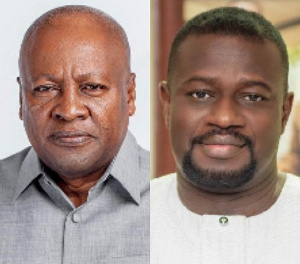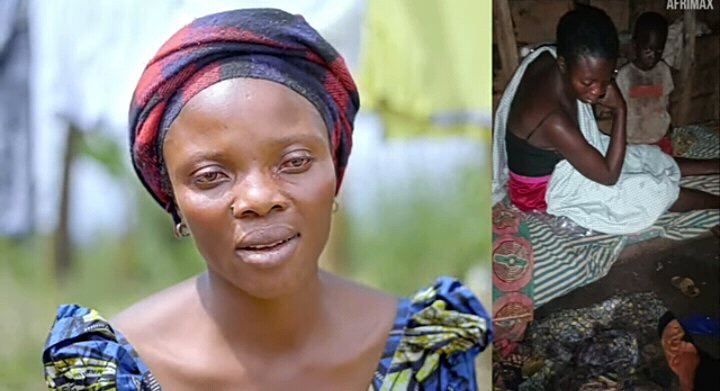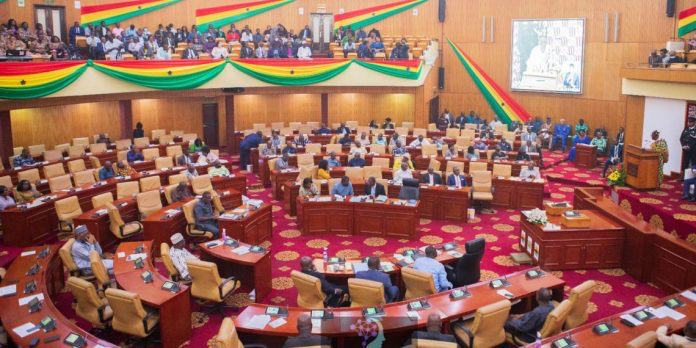HERBAL MEDICINE SNUBBED: DR. AMAGASHIE SLAMS GOVERNMENT OVER 2025 BUDGET EXCLUSION
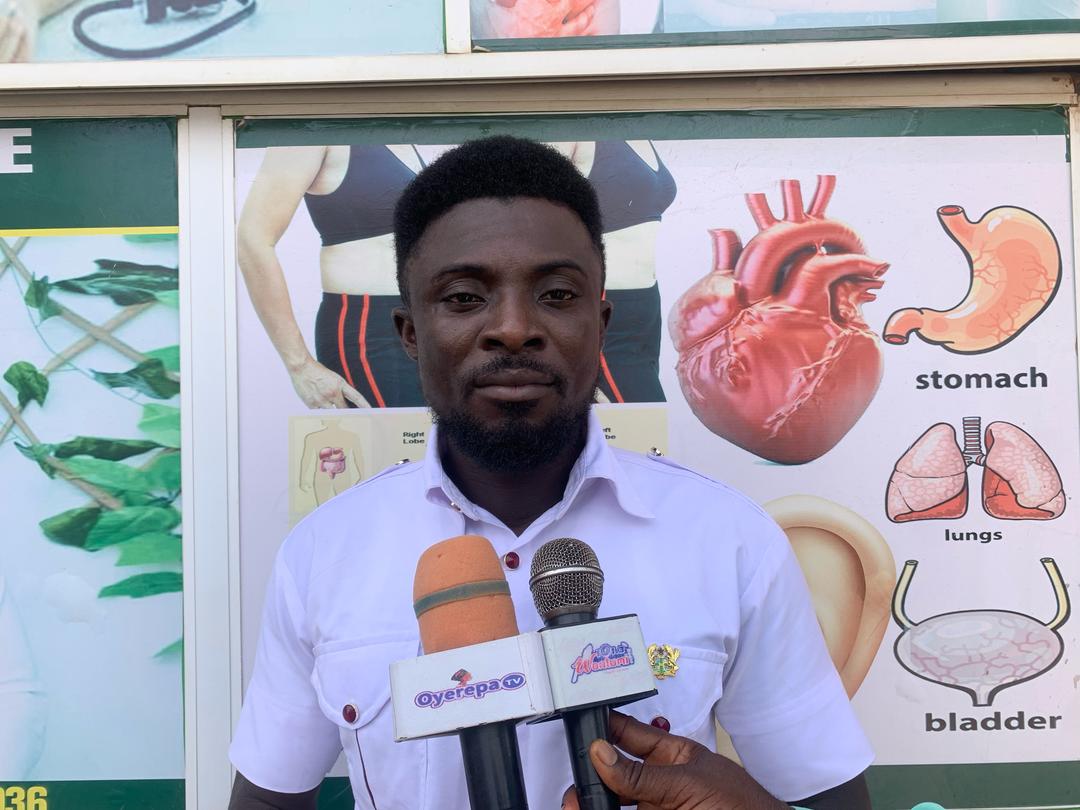
Apostle Dr. Samuel Amagashie, the Chief Executive Officer of Amagashie Herbal Center, has expressed strong disappointment and outrage over the government’s decision to exclude herbal medicine from the 2025 national budget. According to Dr. Amagashie, this move signifies a lack of recognition and appreciation for the critical role herbal medicine plays in Ghana’s healthcare system.
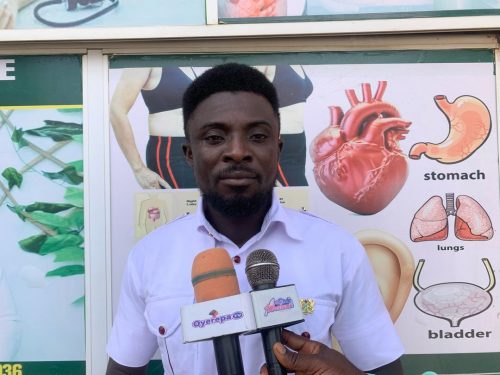
Addressing journalists in Kumasi, Dr. Amagashie emphasized that herbal medicine remains an essential part of Ghanaian traditional healthcare, with over 65% of the population relying on herbal remedies for various health conditions. He questioned the government’s rationale for sidelining the herbal medicine sector despite its significant contributions to national healthcare.
“The exclusion of herbal medicine from the 2025 budget is a clear oversight on the part of the government,” Dr. Amagashie stated. “Herbal medicine has been scientifically proven to be effective in treating various diseases, and it is imperative that the government recognizes its importance and provides the necessary funding and policy support.”
He further stressed that the neglect of herbal medicine is a missed opportunity for the government to promote holistic healthcare while boosting the local economy.
CALL FOR POLICY CHANGE AND COLLABORATION
Dr. Amagashie urged the government to reconsider its stance and allocate financial and logistical support to the herbal medicine industry. He also called for stronger collaboration between mainstream healthcare facilities and herbal practitioners to ensure a more integrated and effective healthcare delivery system.
“We urge the government to take a second look at the budget and make the necessary adjustments to support the herbal medicine sector,” he added. “The recognition and support of herbal medicine will not only enhance healthcare delivery but also create employment opportunities for thousands of Ghanaians in the herbal medicine industry.”
The call for government intervention comes amid growing demand for traditional medicine, with many Ghanaians turning to herbal remedies due to affordability and effectiveness. Stakeholders in the sector have repeatedly appealed to the government for funding, training, and policy reforms to standardize and promote the industry.
MESSAGE TO MUSLIM YOUTH DURING EID-UL-FITR CELEBRATIONS
In a related development, Dr. Amagashie took the opportunity to address the youth during the Eid-ul-Fitr celebrations in Kumasi. He urged Muslim youth to uphold the good values exhibited during the Ramadan fasting period and to desist from engaging in social vices.
“The essence of Ramadan is self-discipline, patience, and devotion to God,” Dr. Amagashie remarked. “I encourage our Muslim brothers and sisters to continue demonstrating good behavior even after the fasting period. Let’s maintain the discipline and righteousness we observed during Ramadan.”
He further advised the youth across the country to steer clear of drug abuse, particularly the misuse of substances like tramadol and other dangerous narcotics. He emphasized that substance abuse is a growing threat to the future of the youth and the nation.
“I want to caution our youth against drug abuse, including tramadol and Red,” he stated. “These substances destroy lives. Instead of engaging in drug abuse, I urge the youth to focus on their education, careers, and future ambitions.”
Dr. Amagashie concluded by calling on religious leaders, policymakers, and parents to work together in sensitizing the youth on the dangers of drug abuse and promoting positive behavioral change.
The exclusion of herbal medicine from the 2025 budget has sparked concerns among traditional medicine practitioners and stakeholders, with many urging the government to reconsider its approach. As the debate continues, it remains to be seen whether the government will heed the calls and make the necessary adjustments to support Ghana’s indigenous healthcare system.


